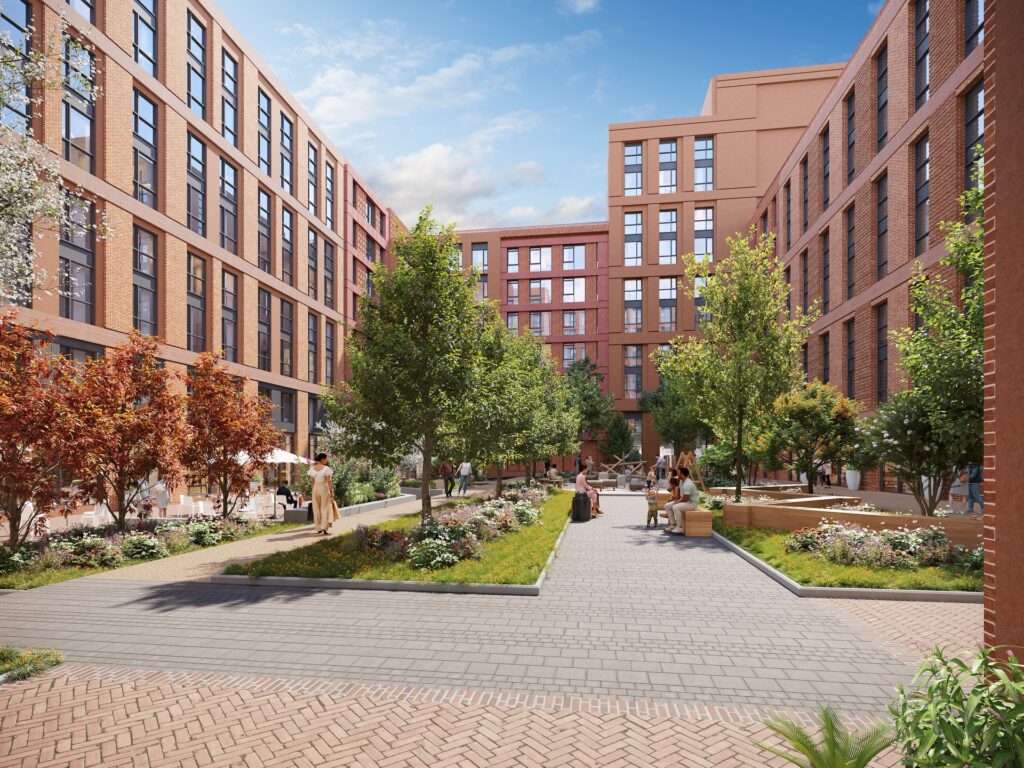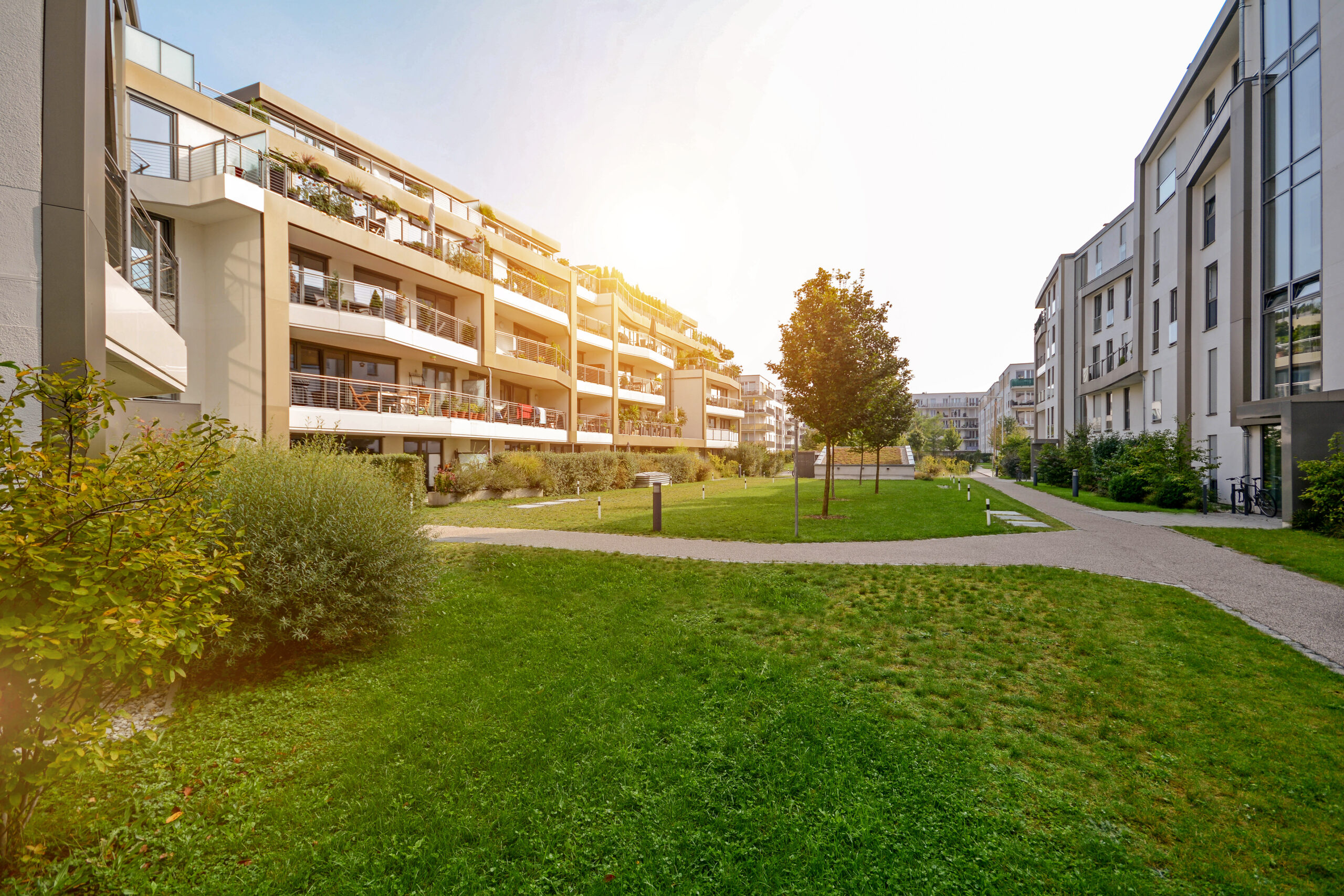Introduction to Tourism in Manchester
Tourism in Manchester has seen remarkable growth in recent years, transforming the city from its industrial roots into a vibrant, modern destination. Known for its excellent connectivity, student population, rich history, iconic music scene, and world-class sports culture, Manchester now draws a diverse range of visitors from around the globe. This increase in tourism plays a vital role in boosting the local economy, particularly in sectors like hospitality, retail, and buy-to-let investment. As more people visit and experience the city, the demand for accommodation rises, driving significant changes in the property market. Tourism in Manchester has become a key factor influencing property demand, shaping the city’s real estate landscape and contributing to its broader economic development.
-
Manchester as a Cultural and Tourist Hub
Historical Background:
Tourism in Manchester is deeply intertwined with the city’s rich industrial heritage. Once a global centre of the Industrial Revolution, Manchester played a crucial role in shaping the modern world, particularly in the cotton and textile industries. Today, while it has evolved into a bustling metropolis, remnants of its industrial past are still visible, from its historic canals to the iconic Victorian warehouses. This unique blend of history and modernity makes Manchester an intriguing destination for tourists eager to explore its past and present.
Cultural Attractions:
Tourism in Manchester is further enhanced by its array of world-class cultural attractions. The Manchester Museum offers an immersive experience in natural history and archaeology, while the Science and Industry Museum pays tribute to the city’s role in technological advancements during the Industrial Revolution. Visitors can also marvel at the neo-Gothic architecture of the John Rylands Library, which houses some of the world’s most valuable manuscripts and rare books. These cultural landmarks showcase the city’s rich heritage and play a key role in drawing tourists year-round.
Music & Entertainment:
Manchester’s musical legacy is another major driver of tourism in Manchester. The city’s influence on global music, with bands like Oasis, The Smiths, and Joy Division, has left an indelible mark on popular culture. Tourists can explore legendary live music venues such as Band on the Wall and Albert Hall, which continue to host performances from both up-and-coming and established artists. Events like the Parklife Festival and the Manchester International Festival draw thousands of music and art lovers every year, making the city a key destination for entertainment tourism.
Sports Tourism:
Sports play a pivotal role in boosting tourism in Manchester, particularly due to the global appeal of its two football powerhouses—Manchester United and Manchester City. Fans worldwide flock to the city to tour the legendary Old Trafford and Etihad Stadium or attend a live match. With their rich history and international fame, these football clubs make Manchester a prime destination for sports enthusiasts, contributing significantly to the city’s growing tourism sector.

-
Impact of Tourism on Manchester’s Property Market
Rise in Short-Term Rentals:
The rapid growth of tourism in Manchester has led to a sharp increase in the demand for short-term rentals, especially through platforms like Airbnb. As the city attracts more international and domestic visitors, property owners have seized the opportunity to offer their homes or apartments for short-term stays. Tourist hotspots such as the Northern Quarter and Castlefield have become particularly popular for short-term rentals, offering visitors a central base to explore the city. This trend has significantly boosted the local rental market, with investors increasingly focusing on short-term rental properties to capitalise on Manchester’s tourism boom.
Increased Demand for City Centre Apartments:
Another notable impact of the rise in tourism in Manchester is the increased demand for city-centre apartments. As tourists look for accommodations close to Manchester’s main attractions—such as Spinningfields, Deansgate, and Ancoats—the need for centrally located flats and apartments has surged. This demand is particularly high among visitors seeking extended stays or those who prefer the convenience of being within walking distance of the city’s cultural, dining, and entertainment hubs. Consequently, Manchester’s real estate developers are increasingly focusing on constructing modern, high-quality apartments in these central locations to meet the growing demand from both tourists and residents.
Effect on Property Prices:
The tourism boom has significantly impacted property values, especially in areas close to key attractions and transport links. The rising number of visitors, the growing demand for short-term rentals, and city-centre living have driven up property prices in these sought-after locations. Neighbourhoods like Piccadilly, Deansgate, and MediaCityUK have experienced a marked increase in property values due to their appeal to both tourists and investors. As tourism in Manchester continues to grow, the ripple effect on the property market is expected to persist, making the city an attractive option for property investors looking to capitalise on the rising demand for prime real estate.
-
Key Tourist Areas Driving Property Demand
Northern Quarter:
The Northern Quarter is one of Manchester’s most vibrant and trendy areas, renowned for its eclectic mix of independent shops, cafes, and striking street art. This neighbourhood has become a cultural hub, attracting young professionals and a significant number of tourists drawn to its bohemian atmosphere. As a key driver of tourism in Manchester, the Northern Quarter’s appeal lies in its unique charm, offering visitors an alternative experience away from the city’s more commercial districts. This influx of tourists has fueled demand for short-term rentals and city-centre apartments, making the area highly attractive to property investors.
Spinningfields:
Spinningfields, Manchester’s financial district, is synonymous with luxury and modern living. This area is home to high-end hotels, premium dining establishments, and designer retail outlets, making it a popular choice for business travellers and affluent tourists. Tourism in Manchester has significantly boosted property demand in Spinningfields, as visitors seeking luxury accommodations often prefer to stay in this upscale part of the city. The area’s proximity to key business and cultural sites also makes it a prime location for short-term rentals and executive apartments, further driving real estate development in this premium neighbourhood.
Castlefield:
Castlefield offers a scenic and historic charm thanks to its picturesque canals and Roman heritage. Popular among tourists for its peaceful ambience and proximity to key attractions like The Museum of Science and Industry, Castlefield provides a unique experience that blends history with modern living. Tourism in Manchester has contributed to increased demand for properties in this area, especially those overlooking the canals or situated near historic landmarks. The area’s appeal to both tourists and locals has led to a surge in property prices, with many investors seeking to capitalise on its scenic allure and growing tourist footfall.

-
Investment Opportunities Linked to Tourism Growth
Buy-to-Let Properties:
The rise of tourism in Manchester has created lucrative opportunities for investors in the buy-to-let market. With a growing number of tourists visiting the city year-round, renting out properties to short-term tenants has become increasingly profitable. Platforms like Airbnb have made it easier for property owners to rent out their homes or apartments to tourists seeking flexible, short-term accommodation. Areas like the Northern Quarter and Castlefield are particularly popular with tourists, making them prime locations for buy-to-let investments. Investors can benefit from steady rental income and high occupancy rates as demand for short-term rentals continues to grow.
Holiday Let Investments:
Investing in holiday lets has emerged as one of the most attractive opportunities linked to the growth of tourism in Manchester. With the city hosting numerous festivals, sporting events, and cultural exhibitions, there is a consistent demand for short-term holiday accommodation. Holiday let investments offer higher rental yields compared to traditional long-term rentals, especially in tourist-heavy areas like Spinningfields and Ancoats. These properties can be rented out at premium rates during peak tourist seasons, making holiday let investments a lucrative option for those looking to capitalise on the city’s booming tourism industry.
Commercial Property Investment:
As tourism in Manchester continues to expand, so does the demand for commercial properties, particularly in the retail and hospitality sectors. Tourists visiting the city contribute significantly to local businesses, from restaurants and cafes to shops and entertainment venues. Investors in commercial real estate have a prime opportunity to cater to the growing influx of visitors by investing in spaces that serve the hospitality industry, such as hotels, bars, and restaurants. Additionally, areas like Spinningfields, with its high concentration of luxury retail and dining options, have become hotspots for commercial property investment, as tourism boosts footfall and spending in these key locations.

Conclusion
The rise of tourism in Manchester has transformed the city, boosting the local economy and reshaping its property market. As more visitors flock to Manchester for its cultural attractions, sports events, and vibrant history, the demand for short-term rentals and centrally located apartments continues to soar. Key areas such as the Northern Quarter, Spinningfields, and Castlefield have become focal points for property investors, who recognise the potential for high returns due to the city’s tourism boom.
Additionally, the increased footfall from tourists has fueled the demand for commercial properties in the retail and hospitality sectors, further solidifying Manchester’s appeal as an investment hotspot. As tourism grows, Manchester’s property market is set to thrive, offering a range of lucrative opportunities for those looking to invest in this dynamic and evolving city.










